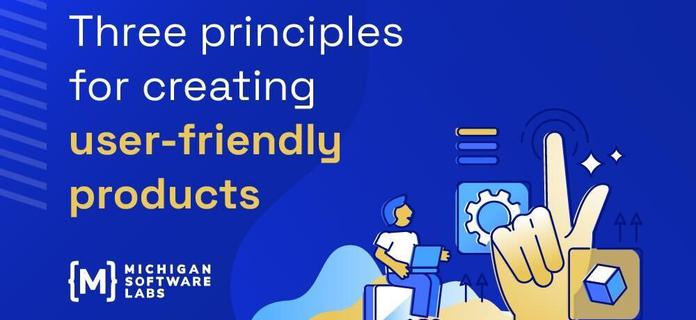Being emotionally safe, whether working in person or remote, isn’t something that gets brought up as often as it should. Yet, it’s a feeling most of us deeply appreciate. Safe places encourage you to bring your whole self to work, knowing you can share your ideas without fear of negativity or backlash. Such environments can have a major impact on employee satisfaction and the culture that’s being built.
It can also work the other way. Lately, we’ve seen our share of stories on workplace harassment. But what sometimes gets lost in the headlines are the subtle scenarios that come up more routinely. A few examples:
Having your ideas and contributions routinely dismissed or ignored
Having a difference in opinion turn into a heated argument
Feeling personally judged
How can we move past these occurrences? Realize it or not, we all have a role in building an emotionally safe work environment. Here are some tips on how we can improve our day-to-day interactions with one another:
Make others feel heard and understood
- Start by doing a better job listening. This means letting others share their ideas without interruption.
- Repeat back what you hear to let people know their words are sinking in.
- Finally, avoid making it about you. Get into the habit of being a selfless listener.
Don’t assume intent
- In the absence of information, avoid coming to your own conclusions.
- Seek clarity; take the time to follow up with people rather than judging them from afar.
Know your role
- Understand your own intentions.
- Ask: “What am I looking to accomplish with this statement or action?”
Manage your emotions and do the same for others
- Recognize when you’re triggered and bring the conversation to a close.
- Reflect on where the feeling is coming from.
- Note when others are triggered and give them the space to pick up the conversation another time.
The first step in making these changes is by reflecting on past interactions. Do any of the above sound familiar? If so, what went well and what could have gone better? A little self-reflection goes a long way in training your brain to handle situations more productively. You may even surprise yourself at how well you handle future interactions. If that happens, you can be sure you’re doing your part in creating a safe working environment.
Do you have any tips to add? We’d love to hear them. The more we’re thinking about this the better.




